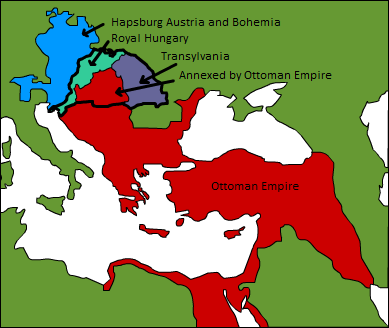Battle of Mohacs (1526) - Reasons, Consequences, and Importance

The Battle of Mohacs was a decisive battle between the Ottoman Empire and the Kingdom of Hungary. It was fought in 1526 and ended with a comprehensive victory for the Ottoman Empire. The result was the disintegration of Hungary and the cessation of long-standing wars between Hungary and the Ottomans. Background The Ottoman Empire was continuously expanding its territory westwards since its inception. In this process, they fought against various Christian kingdoms, including Hungary. The Ottoman Empire and the Kingdom of Hungary had been at war since the Battle of Nicopolis in 1396. Both adversaries fought separately several times, while Hungary also sided with other Christian nations against the Ottomans on various occasions. Suleyman the Magnificent, the tenth sultan of the Ottoman Empire, continued these advances after his coronation in 1520. He initially captured Belgrade (now in Serbia) from Hungary in 1521. Later, he decided to eliminate this nuisance. He launched an invasio...